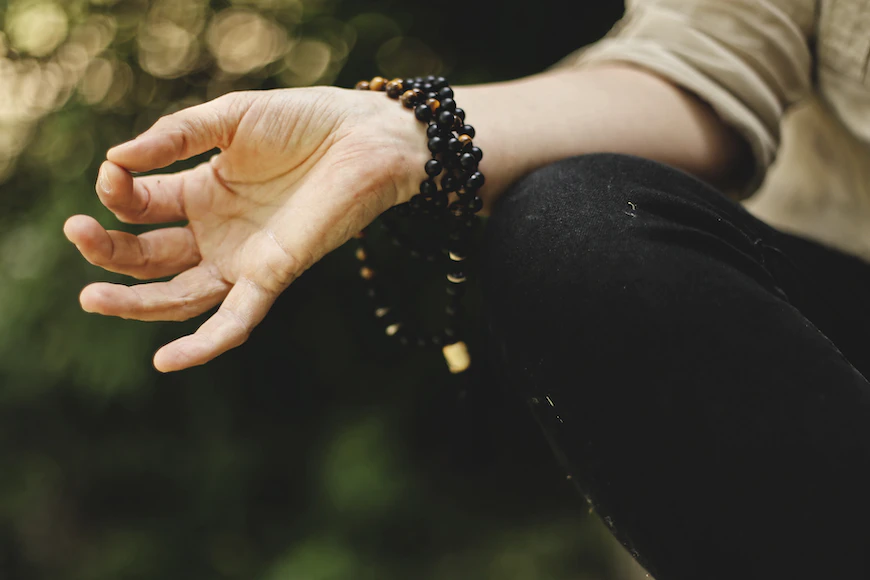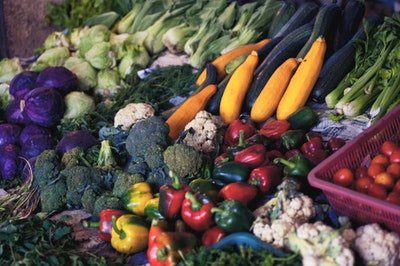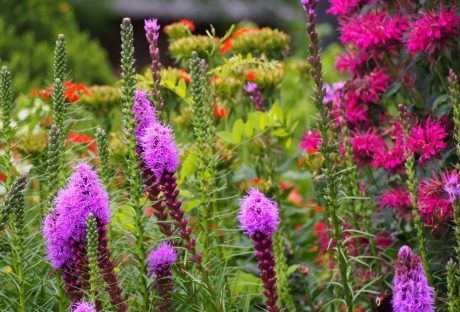Humans have practised astral projection for thousands of years. However, few people truly understand what it is, how it works, and how it can be harnessed and utilized to improve our lives.
In this article, we take a deep dive into astral projection and discuss its history, how it works, and how you can achieve it. However, first, we need to answer a question that scientists have been studying for centuries. Is astral projection real? Find out below.
Astral Projection: What Is It?

Astral projection is the process of deliberately inducing an out-of-body experience. Practitioners can separate their physical bodies and their spiritual bodies, allowing the spiritual side to explore the world freely while leaving the physical vessel safely behind.
In doing so, the spirit can enter other beings, explore different places, or simply look back at the physical body and observe. Astral projection can be a powerful and moving experience; it’s a method of seeing the world from a new perspective and can lead to profound and life-changing epiphanies.
Is it Real?
Astral projection might sound like magic, which leads many people to assume that it’s not real and is the stuff of fairy tales. Scientists have long worked to confirm or deny the existence of astral projection, but thus far have failed to reach any concrete conclusions.
There’s no denying that out-of-body experiences are a real thing. They’ve been reported throughout much of human history, even among people who wouldn’t necessarily believe in something like astral projection.
While some out-of-body experiences can be caused by trauma or medical conditions, astral projection is the act of inducing these experiences and retaining full control of the situation.
Astral Projection Throughout History
The idea of astral projection has been present throughout thousands of years of human history, since as far back as ancient Egypt. It’s not confined to one region or group of people either, instead, the practice spans civilisations and cultures across the world.
Originally, astral projection was practised by holy figures, mystics, and shamans, who were believed to hold the power required to project their spiritual beings. Today, everyone and anyone can get involved in astral projection, and we’re seeing a significant increase in the number of people exploring and experimenting with the phenomenon.
How To Astral Project
If you want to master astral projection, you must first learn how to reach a state of total mental peace and calm. The best way to do this is through meditation, or through a practice like yoga.
Once you are able to completely clear your mind and enter a zen state, you can focus on separating your spirit body from your physical body. This uncoupling is how astral projection begins and is the key to unlocking its power and potential.
However, this takes practice. Don’t expect to be able to do it right away. You need to dedicate yourself and truly focus if you want to see results.
Conclusion
Astral projection is certainly real, but the way in which it works is still not fully understood.
Read Also:























